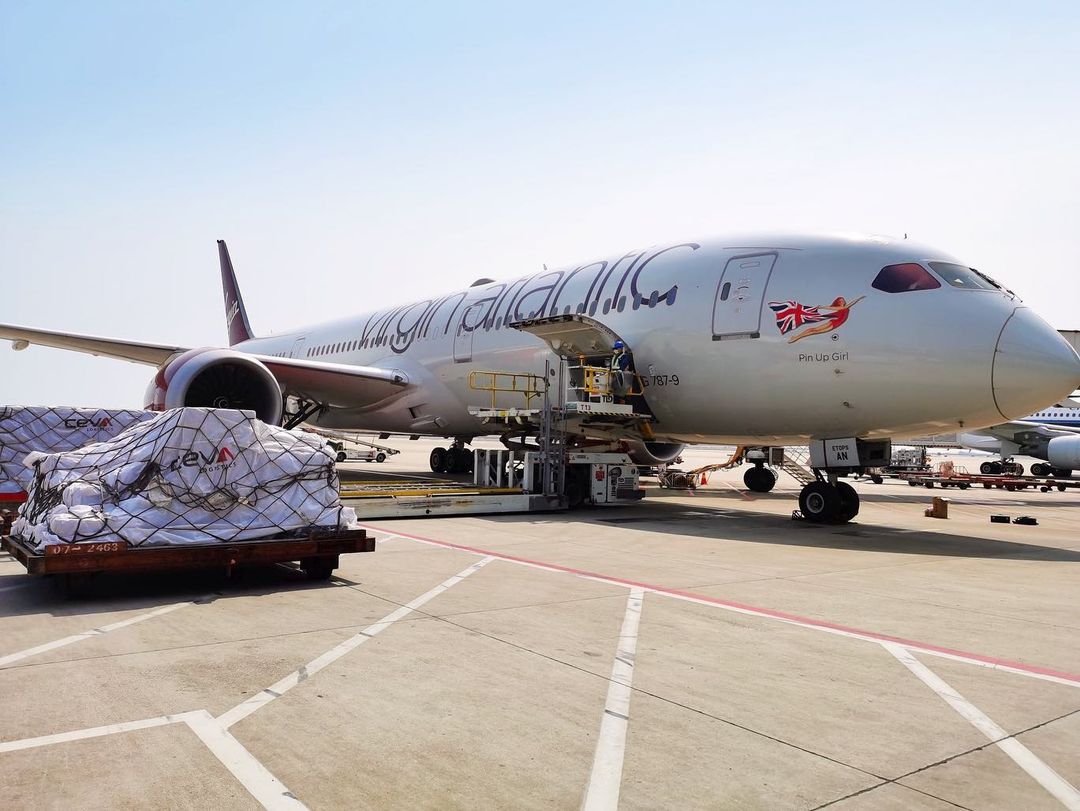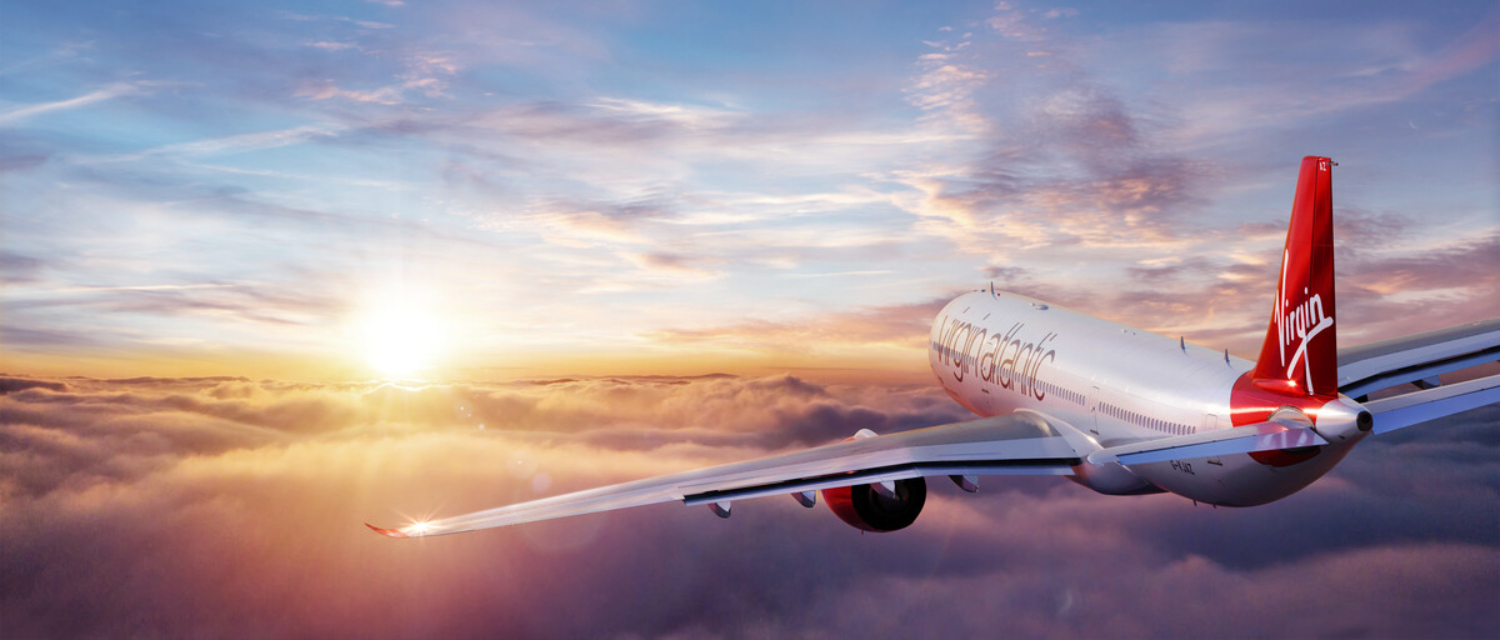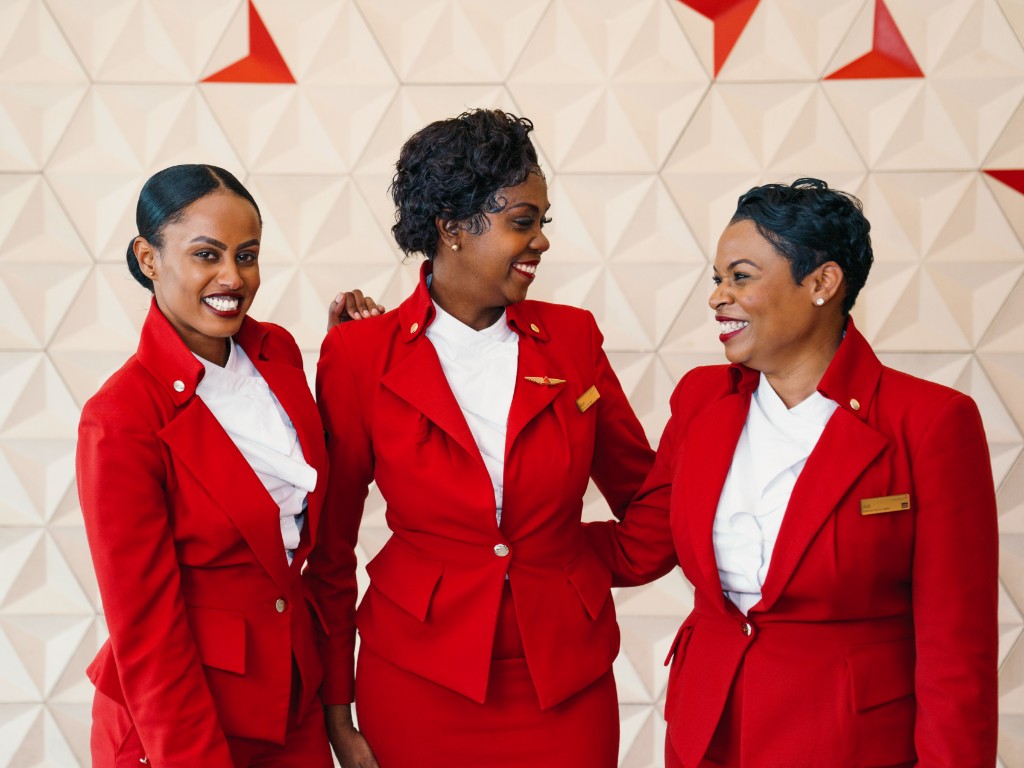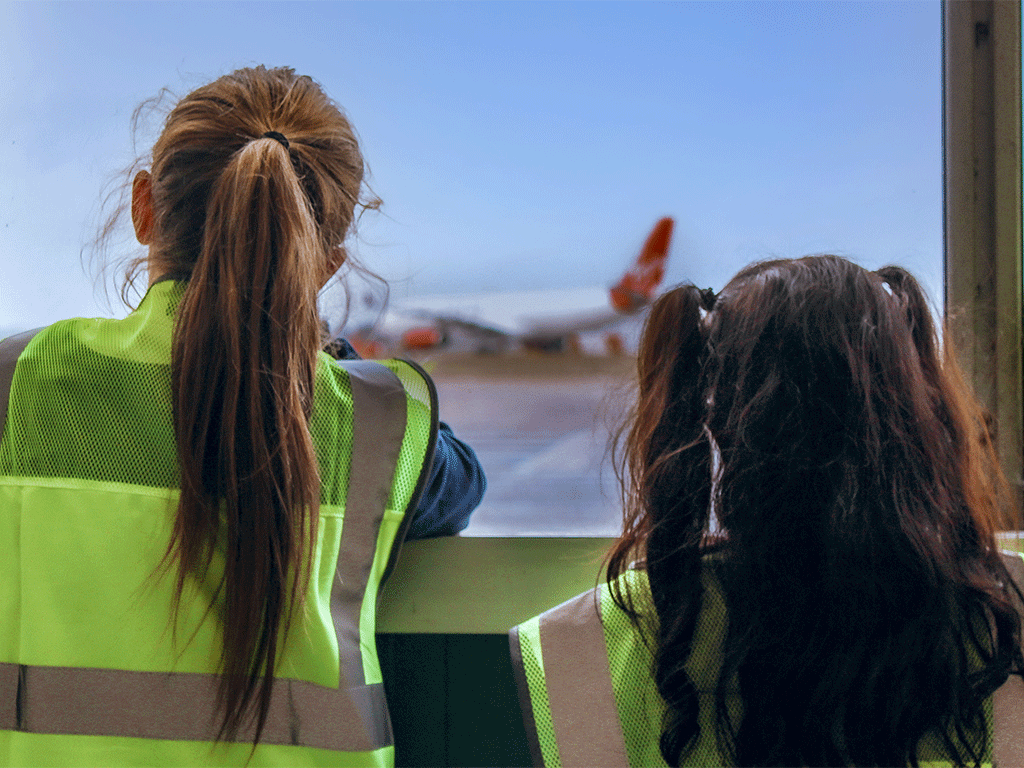Our mission to net zero
Making the travel we love sustainable is one of our biggest challenges. One that requires change and collaboration on an industry-wide scale. We know this won't be an easy feat, but we're determined to get there. We have to do things differently if we’re going to contribute to positive change for our planet.
That’s why we’ve transformed our fleet to be younger, leaner and more fuel efficient. It’s why we’re leading the way, showing that the shift to 100% sustainable aviation fuel can be done. And it’s why we’re reimagining how we operate, personalising the onboard experience to make it more sustainable. To make progress, we must challenge everything and embrace new ideas and fresh perspectives.
The time for action against climate change is now. We’ve announced a set of ambitious interim milestones to take Virgin Atlantic to net zero carbon by 2050.
How are we going to reach net zero?
Decarbonising aviation is a huge challenge. We've already invested in younger, more efficient planes, and are improving our operational efficiencies. The next step is using more sustainable aviation fuels. Beyond this, any remaining emissions will need to be offset with carbon removals if we're going to reach net zero. Any further efforts when it comes to fleet and fuels are heavily reliant on the development of new technologies which we don't expect to be readily available any time soon. But we're committed to doing everything we can, everywhere we can to reach our net zero target by 2050.

Fleet
Following a multi-billion-dollar investment, we've invested in upgrading our aircraft so we now operate one of the youngest and most fuel efficient fleets in the skies.
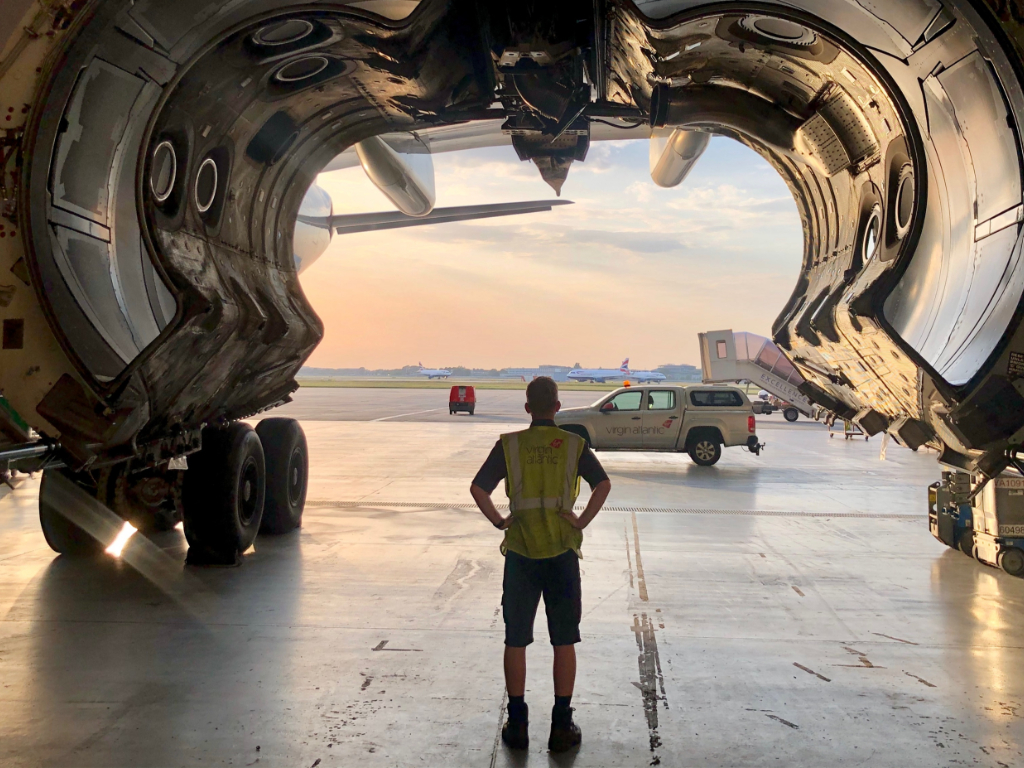
Fuel
For over 15 years, we’ve championed the development and use of Sustainable Aviation Fuel (SAF), and in 2023 we became the first commercial airline to fly across the Atlantic with 100% SAF.

Experience
We're finding ways to help you fly more sustainably too, changing how we operate to personalise your experience, create less waste and move to more lightweight materials where possible.

Responsible tourism
We encourage all hotels to get certified by an organisation recognised by the Global Sustainable Tourism Council. This means they should meet minimum standards and are measuring and managing their performance to keep improving. We believe this creates a better experience for you, a better experience for local communities and a more positive impact on the planet overall.
Cargo
The cargo industry plays a fundamental role in the global supply chain of the products we buy, helping to transport goods easily and efficiently across the world, supporting trade and global economies.
We have an ethical carriage of cargo policy which outlines which products we can and cannot accept as cargo.
For example. we will not carry any part of an animal which has been hunted for sport, for taxidermy purposes or for private collections or animals destined for circuses, zoos, wildlife parks and tourist attractions.
